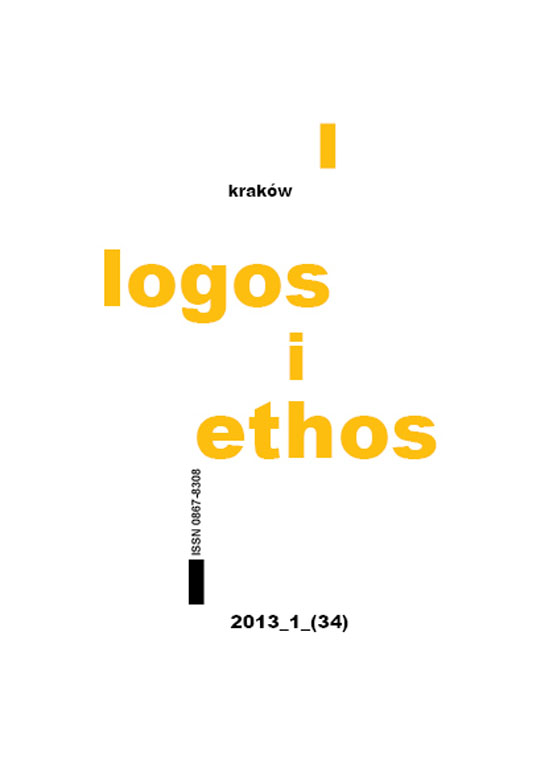Spór o Kartezjusza. Polemika B. Wyszesławcewa z J. Maritainem, dotycząca znaczenia filozofii Kartezjusza dla nowożytnej duchowości europejskiej
DOI:
https://doi.org/10.15633/lie.173Abstrakt
The article deals with the debate which took place in 1931 in Paris and was published in the same year in Cahier de la Quinzaine. The main adversaries were Jacques Maritain and Boris Vysheslavtsev. The French and the Russian philosopher discussed the nature and significance of Cartesian heritage for contemporary philosophy and culture. Maritain accuses Descartes of detachment from traditional philosophy, which resulted in a grave fallacy. Vysheslavtsev in turn argues that the 17th-century philosopher set forth a path on which it is possible to overcome the errors he is accused of. His reductive method led him towards the phenomenology of the “I” and the Absolute, revealing the specificity of the relation between the two. He stopped halfway, however, assuming the two sides of that relation to be separate elements. Thus he found himself in an ambiguous position, thinking in fact more than he was able to enunciate within the intellectual culture of his time. Referring to that polemic, Nikolai Berdyaev points out that, surprisingly, it is the French Neo-Thomist who formulates a severe indictment of Descartes, while the Russian philosopher attempts to defend him. The situation appears even more intriguing in view of the hostility that Russian philosophy has always shown towards all forms of rationalism, especially artesianism. Despite that, it is the Russian religious thinker who defends the creator of modern rationalism and even incorporates some of his philosophical intuitions into his own philosophical reflections. What then does this controversy consist in? And what is it in Cartesian philosophy that Vysheslavtsev appreciated and Maritain failed to notice?Pobrania
Opublikowane
2013-09-09
Numer
Dział
Artykuły
Licencja
Prawa autorskie (c) 2013 Leszek Augustyn

Utwór dostępny jest na licencji Creative Commons Uznanie autorstwa 4.0 Międzynarodowe.
Autorzy publikujący w czasopiśmie udzielają jego wydawcy zgody o następującej treści:
- Autor zachowuje autorskie prawa majątkowe do utworu, a jednocześnie udziela wydawcy czasopisma zgody na jego pierwszą publikację w wersji drukowanej i wersji online na licencji Creative Commons Uznanie autorstwa 4.0 Międzynarodowe oraz zgody na wykonywanie opracowań, w tym przekładów.
- Autor ma możliwość udzielania zgody niewyłącznej na opublikowanie utworu w wersji, która ukazała się w czasopiśmie (np. zamieszczenia go w repozytorium instytucjonalnym lub opublikowania w książce), wraz z informacją o jego pierwszej publikacji w czasopiśmie.
- Autor może umieścić swój utwór online (np. w repozytorium instytucjonalnym lub na swojej stronie internetowej) jeszcze przed zgłoszeniem utworu do czasopisma.

